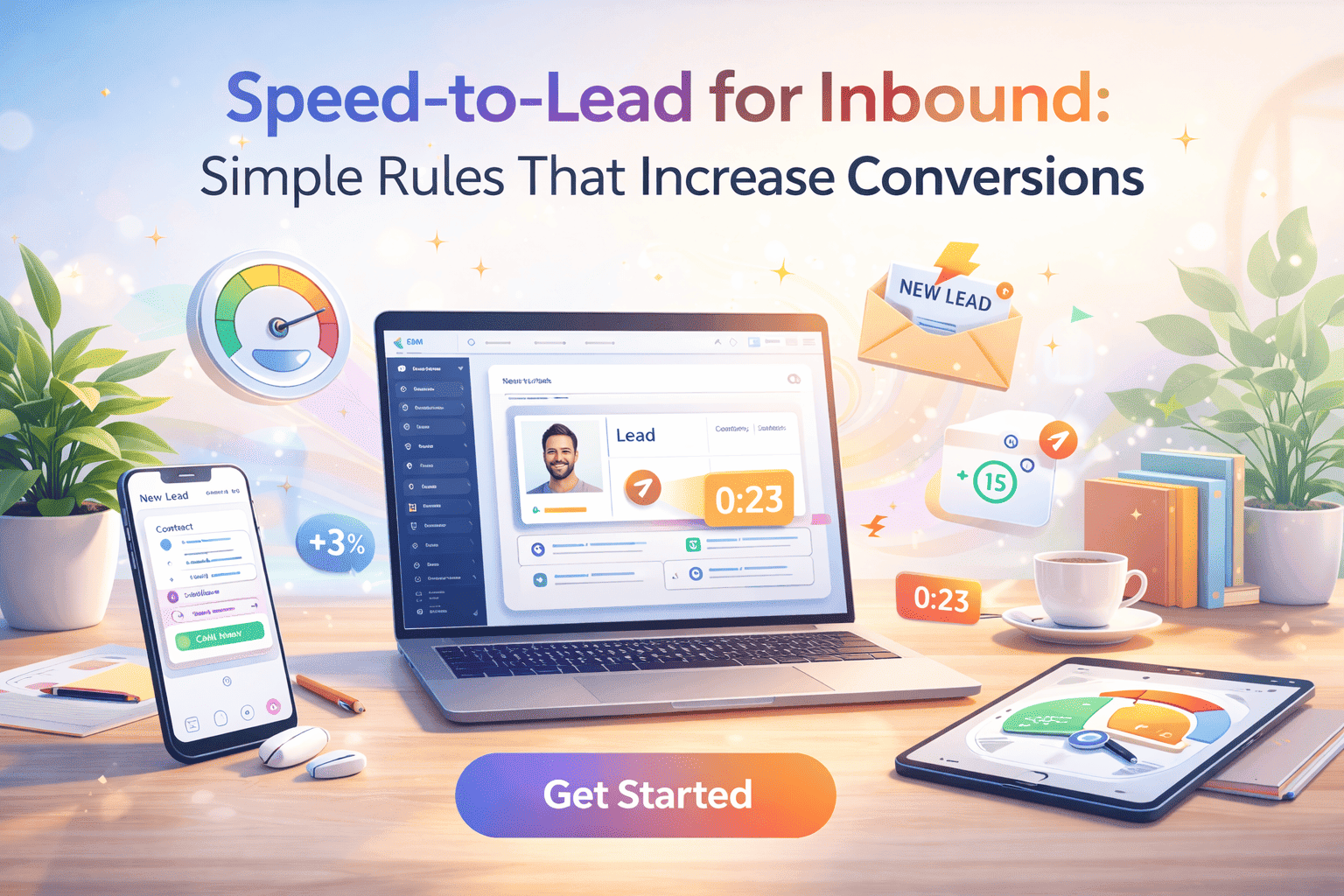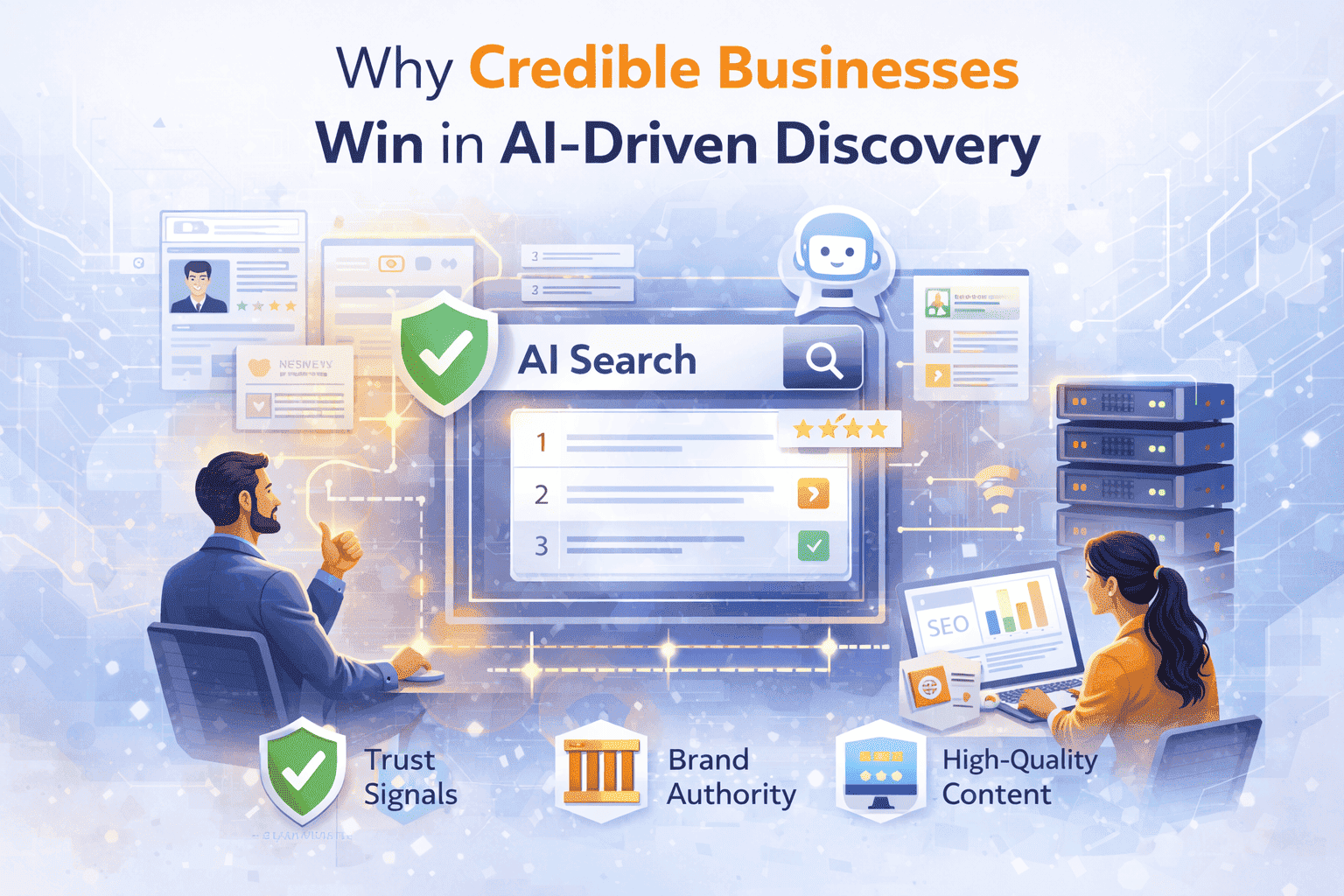How Social Media Aggregators Drive B2B Engagement and SEO Results
In the modern digital marketing landscape, social media aggregators have become powerful tools for B2B companies aiming to boost engagement and improve SEO results. By consolidating content from multiple social platforms into one dynamic feed, social media aggregators help businesses showcase real-time social proof, foster authentic interactions, and create content-rich web experiences that appeal to both users and search engines.
Understanding Social Media Aggregators for B2B Marketing
Social media aggregators gather user-generated content, posts, hashtags, reviews, and multimedia from various social channels such as LinkedIn, Twitter, Instagram, and Facebook. This aggregated content is then displayed on websites, landing pages, or during virtual events to create a cohesive and interactive social experience.
Key Benefits of Social Media Aggregators in B2B
1. Enhanced Engagement Through Dynamic Content
Live social feeds captivate visitors by providing continuously refreshed content that reflects the latest discussions, testimonials, or industry trends. This real-time engagement encourages visitors to spend more time on the site, explore offerings, and participate through comments or shares.
2. Building Trust Through Social Proof
B2B buyers value credibility and validation when making purchasing decisions. Displays of peer recommendations, customer stories, and influencer endorsements aggregated from multiple platforms serve as authentic social proof, significantly increasing trust and lowering buyer hesitation.
3. Amplifying Brand Visibility and Reach
Aggregated social content extends the brand’s presence beyond traditional marketing channels. By featuring user-generated content from different networks, businesses tap into diverse audience segments and increase organic reach, inspiring further shares and interactions.
4. SEO Optimization with Fresh, User-Centric Content
Search engines prioritize websites that deliver fresh, relevant, and valuable content. Social media aggregators, like those that display Twitter feeds, provide a steady stream of updated material, which helps in maintaining dynamic web content that improves crawl frequency and keyword relevance—all leading to higher rankings on search engine results pages (SERPs).
5. Data-Driven Insights and Content Strategy Enhancement
Analyzing aggregated social media interactions provides valuable insights into audience preferences, trending topics, and content performance. B2B marketers can leverage this data to align their content strategies with market demand and customer expectations effectively.
Implementing Social Media Aggregators for Maximum Impact
Choose an aggregator platform offering customizable feeds with robust moderation tools to highlight the most relevant and brand-aligned content.
Integrate aggregator feeds seamlessly into high-traffic web pages like homepages, product pages, or event microsites to maximize visibility.
Combine aggregated social content with AI-generated SEO-friendly articles or landing page content for a holistic digital marketing approach.
Regularly monitor engagement analytics and optimize feed selection to prioritize high-impact posts and conversations.
Encourage customers and industry influencers to share hashtagged content that can be featured in your feeds to boost participation.
Conclusion
Social media aggregators are essential for B2B marketers seeking to deepen engagement, build trust, and achieve tangible SEO results. By curating vibrant social conversations and integrating them into digital properties, businesses create authentic and dynamic user experiences that resonate with prospects and search engines alike. Adopting this strategy equips B2B brands with a competitive edge to attract, educate, and convert their target audiences effectively in an increasingly connected world.





